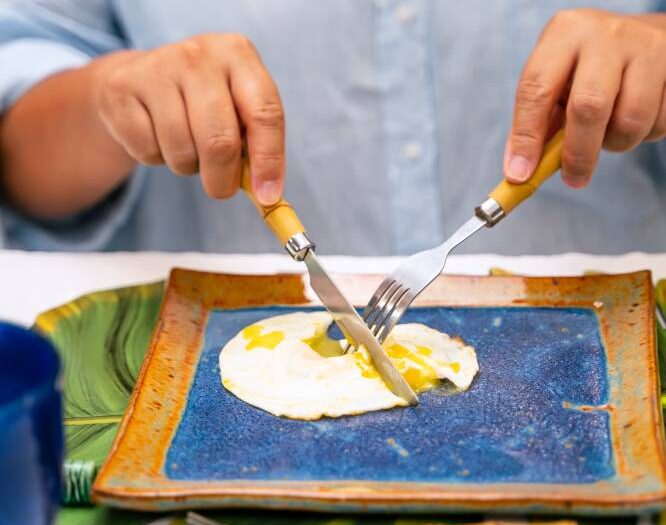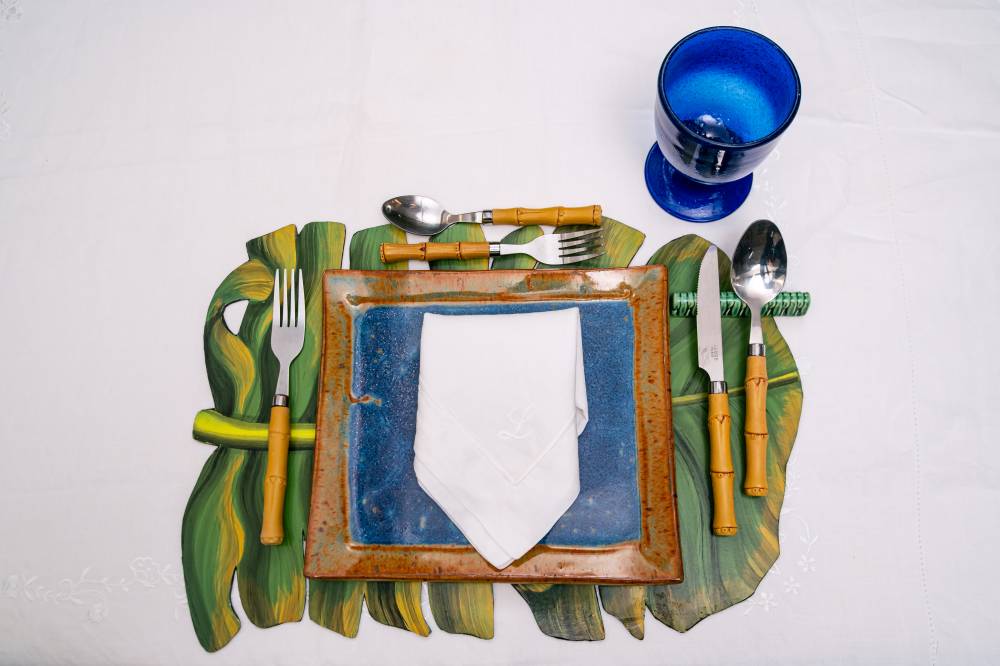Timeless social graces for modern living

“Manners are a sensitive awareness of the feelings of others. If you have that awareness, you have good manners, no matter what fork you use.” —Emily Post
In today’s fast-paced world, where demands are constant and distractions are everywhere, it is most important to be intentional with our behavior. How we treat others through simple politeness and thoughtful interactions shapes not only our relationships but also the quality of our lives.
Emily Post once said that etiquette is simply a code of behavior based on consideration and thoughtfulness. The word “etiquette” itself dates back to the reign of King Louis XIV when signs called etiquettes or “tickets” were placed in the gardens of Versailles to instruct guests to stay off the grass. Over time, the word came to represent good manners, civility, and respectful behavior.
While technology and lifestyles have changed dramatically, the core philosophy of etiquette remains timeless. Social graces are the everyday expression of good manners, which are tools that help us make a positive impression, make meaningful connections, and navigate both personal and professional situations with confidence.
I was raised in a home where family bonding often took place over meals. Despite their busy schedules, my hardworking parents made it a point to take us out every Sunday for lunch or dinner. In Manila during the time of my childhood in the late ’70s, dining out meant either going to a hotel restaurant or a fast food place (unlike today where there are a lot of options) and watching TV shows like “Falcon Crest” or “Lifestyles of the Rich and Famous” by Robin Leach. These shaped my early fascination with elegance and refinement. Those moments were the beginning of my personal journey into understanding and valuing social graces.

Now, as a mother of three, I believe it is my responsibility to instill strong values in my children. I want them to grow up God-centered, respectful, and rooted in a strong family foundation. These are traits that will carry them wherever life takes them. Social graces are an important part of that foundation. It is not about perfection but about kindness, self-awareness, and consideration for others.
Grace can be defined as simple elegance or refinement of movement, but it’s also about how we carry ourselves and how we treat others. Whether you are a child, a teen or an adult, learning and practicing these skills leads to greater confidence and more respectful interactions.
15 social graces to practice every day
1. Greet others warmly. A smile, nod, or simple “hello” helps others feel acknowledged and respected.
2. Make eye contact. It shows attentiveness and signals that you are engaged in the moment.
3. Avoid using your phone at the table. Being present allows for genuine connection.
4. Using polite words like “please,” “thank you,” “excuse me,” never go out of style.
5. Do not interrupt. Let others speak. Practice one speaker at a time.
6. Practice good posture. It reflects confidence and self-respect.
7. Keep elbows off the table. Rest forearms gently if needed. Respect others’ space.
8. Do not talk with your mouth full. It is distracting and inconsiderate to others.
9. Ask, do not reach. Politely request items instead of leaning across the table.
10. Keep conversation positive. It makes meals more enjoyable for everyone.
11. Listen attentively. Show genuine interest in others by nodding, asking questions, and not interrupting.
12. Avoid pointing when talking. Pointing can come across as aggressive or rude. Use open hand gestures instead to appear more respectful and approachable.
13. Practice inclusivity. Take the initiative to introduce people in group settings. If someone seems alone or left out, engage them in conversation and help them feel welcome. Regardless of age, gender, or status, everyone has something valuable to share and teach.
14. Be punctual. Arrive at least 10 minutes early for business meetings to show professionalism. For social events, a delay of up to 15 minutes is generally acceptable. Being on time shows respect for others’ time and commitments. If you are running late, always make sure to inform the host.
15. Offer help graciously. Whether holding the door or assisting with a task, small gestures of kindness make a big impact.
No matter your age or stage in life, it is never too late to learn and practice social graces. Etiquette is not about being formal or only for the well-to-do. It is for everyone. It is about showing respect, being thoughtful and carrying yourself with confidence and kindness. In a world that often feels rushed and impersonal, small acts of courtesy can make a big difference.
Etiquette and social graces are very much part of Filipino life
Hospitality
“Pasensiya na, simple lang ang handa namin.”
This phrase is commonly said by hosts, even when they have gone to great lengths to prepare. It reflects humility and warm hospitality.
Respect
“Po,” “Opo,” at “Mano Po”
These polite expressions are used when speaking to elders or those in authority. The gesture of gently taking an elder’s hand and bringing it to one’s forehead is a sign of respect.
Generosity
“Do you want to bring home some food?”
Offering leftovers or food to take home after a gathering is a common practice. Accept with gratitude (but it must be offered first).

















